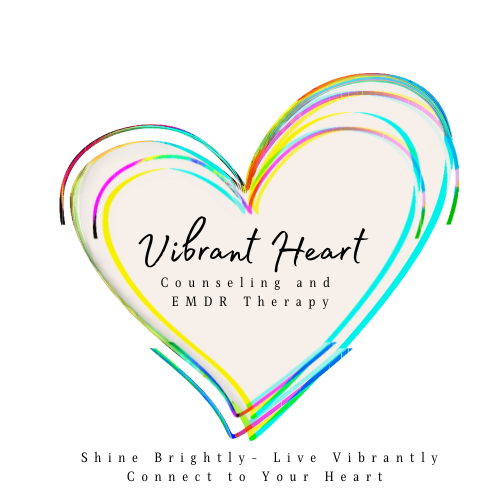Being part of a high-control community, often characterized by rigid rules, authoritarian leadership, and limited personal freedom, can profoundly affect an individual’s mental and emotional well-being. Whether these communities are religious sects, cults, or extremist groups, the psychological impact can be deep and lasting. Here are seven ways that such an environment can shape your psyche and steps you can take to counteract the impacts of growing up or ge
Erosion of Personal Identity
High-control communities often suppress individualism, promoting conformity and obedience instead. Members may find their personal identities gradually eroding as they adopt the group’s beliefs, behaviors, and norms. This can lead to a loss of self-awareness and self-esteem, as personal desires and values are overshadowed by the collective identity.
Action Step: Engage in self-reflective practices like journaling or meditation to reconnect with your personal values and beliefs. Seek activities that allow you to express your individuality.
Heightened Anxiety and Fear
These communities frequently use fear as a tool to maintain control, instilling a constant sense of anxiety about breaking rules or facing punishment. This fear can become pervasive, affecting an individual’s overall mental health and sense of security.
Action Step: Practice grounding techniques and mindfulness to manage anxiety. Building a support network outside the community can also provide a sense of safety and reassurance.
Distorted Perception of Reality
The insular nature of high-control communities can lead to a distorted perception of reality. Members are often fed a skewed version of the world that aligns with the group’s ideology, making it difficult to discern truth from manipulation.
Action Step: Expose yourself to diverse perspectives and information sources. Critical thinking exercises and fact-checking can help you regain a balanced view of reality.
Emotional Suppression
Expressing emotions freely is often discouraged in high-control environments. This suppression can result in emotional numbness, depression, and difficulty in forming genuine emotional connections.
Action Step: Practice emotional literacy by naming and expressing your feelings in safe environments. Therapy can also be beneficial in processing suppressed emotions and developing healthier emotional expression.
Dependence on External Validation
Members of high-control communities often become dependent on the approval of leaders or the group for their self-worth. This external validation can replace internal self-esteem, making individuals vulnerable to manipulation and control.
Action Step: Work on building self-compassion and self-acceptance. Engage in activities that promote self-confidence and independence.
Difficulty Trusting Others
The manipulative and often deceitful nature of high-control communities can lead to a deep mistrust of others, including those outside the community. This can hinder the development of healthy, trusting relationships in the future.
Action Step: Gradually rebuild trust through positive interactions and relationships. Setting healthy boundaries and open communication can foster trust over time.
Struggle with Autonomy and Decision-Making
Constantly being told what to do and think can impair an individual’s ability to make independent decisions. This lack of autonomy can lead to feelings of helplessness and low self-efficacy.
Action Step: Practice making small decisions independently to build confidence. Gradually take on larger decisions, seeking support when needed to reinforce your autonomy.
The psychological impact of being in a high-control community can be profound and far-reaching. However, recovery and healing are possible with awareness and proactive steps. Reconnecting with your identity, managing anxiety, and rebuilding trust and autonomy are crucial components of reclaiming your mental health and well-being. If you or someone you know is struggling with trauma from a high-control environment or religion, therapy is a great step to reconnect with yourself.


